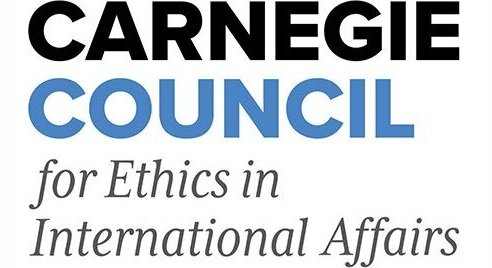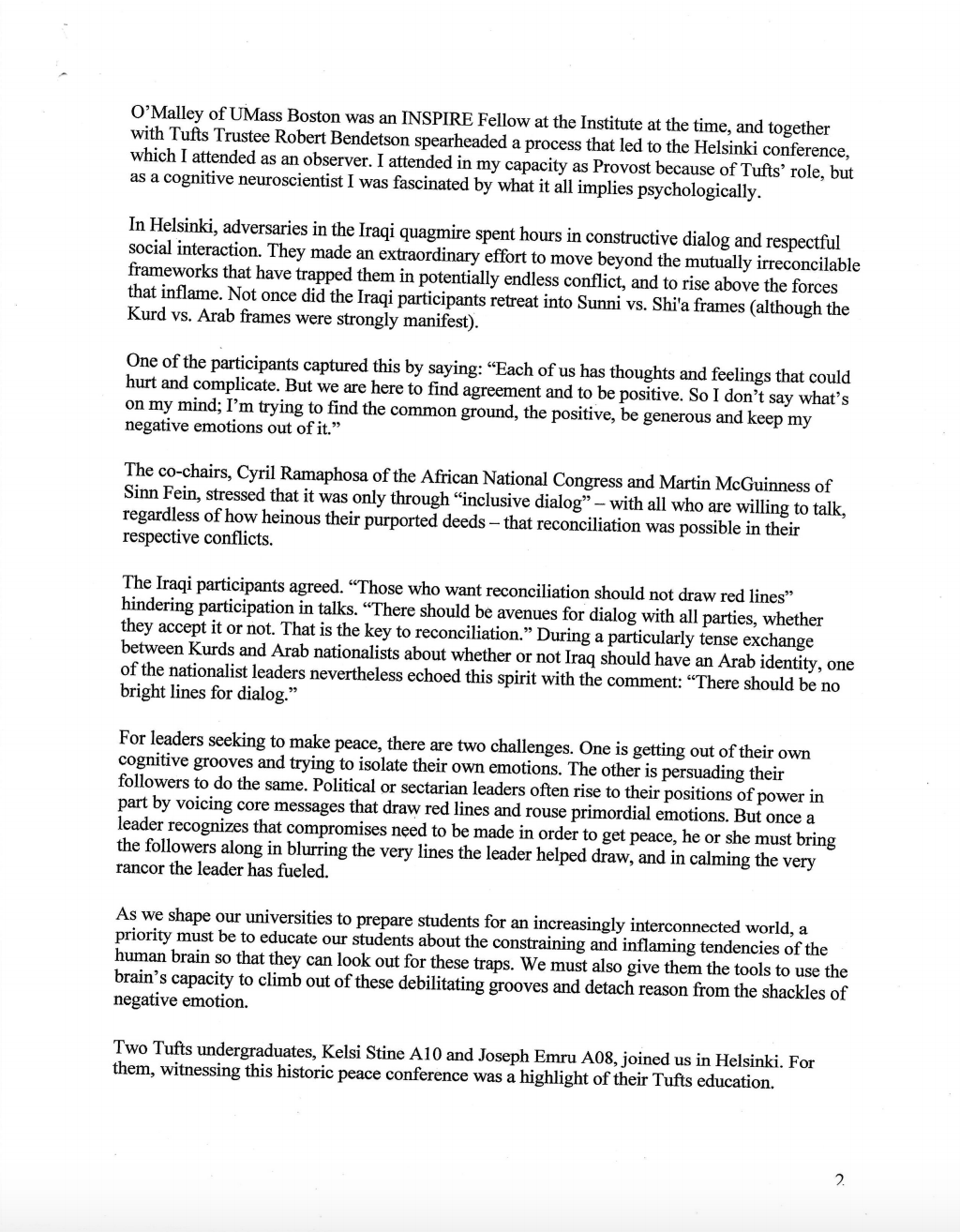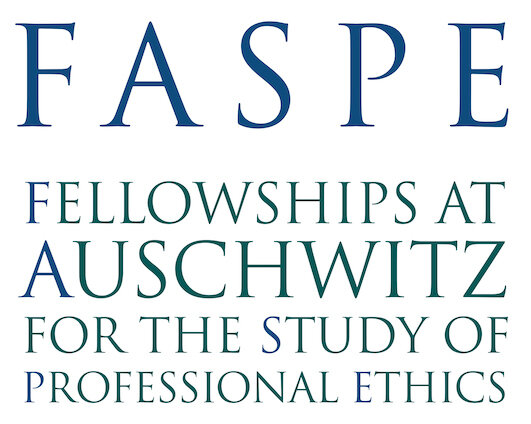Ron Haviv is an award-winning photojournalist, Emmy-nominated filmmaker and co-founder of the photo agency VII, who has been dedicated to documenting conflict and raising awareness about human rights issues around the globe.
In the last three decades, Ron has covered more than twenty-five conflicts and worked in over one hundred countries. He has produced an unflinching record of the injustices of war and his photography has had singular impact. His work in the Balkans, which spanned over a decade of conflict, was used as evidence to indict and convict war criminals at the international tribunal in The Hague. President George H.W. Bush cited Haviv’s chilling photographs documenting paramilitary violence in Panama as one of the reasons for the 1989 American intervention.
His work has been featured in numerous museums and galleries, including the Louvre, the United Nations, and the Council on Foreign Relations. His photographs are in the collections at The Houston Museum of Fine Arts and George Eastman House amongst others as well as numerous private collections.
His film work has appeared on PBS’s Need to Know and Frontline as well as NBC Nightly News and ABC World News Tonight. He has directed short films for ESPN, People Magazine, Doctors Without Borders, Asia Society and American Photography. Haviv’s music videos have been on the MTV Europe and Sol Musica channels in Spain.
His first photography book, Blood and Honey: A Balkan War Journal, was called “One of the best non-fiction books of the year,” by The Los Angeles Times and “A chilling but vastly important record of a people’s suffering,” by Newsweek. His two other monographs are Afghanistan: The Road to Kabul and Haiti: 12 January 2010.
Ron has helped create multi-platform projects for Doctors Without Borders' DR Congo: The Forgotten War and Starved for Attention, Unicef's Child Alert for Darfur and Sri Lanka and the International Committee of the Red Cross's World at War.
Ron is the central character in six documentary films, including National Geographic Explorer’s Freelance in a World of Risk, in which he speaks about the dangers of combat photography, including his numerous detentions and close calls. He has provided expert analysis and commentary on ABC World News, BBC, CNN, NPR, MSNBC, NBC Nightly News, Good Morning America and The Charlie Rose Show.
Ron has been an inspiration to our students for years. As part of my last year on The Future of Europe, commemorating 10 years of VII and IGL collaboration and the 30th anniversary of the Institute for Global Leadership he joined he colleagues, the world’s leading photojournalists from the VII Photo Agency to explore their coverage of the continuing migration and merging of societies and cultures through a series of presentations and panels featuring recent work from the Syrian refugee crisis and discussion with academic experts followed by a day of hands on workshops.
For the Institute’s 20th Anniversary Ron help orchestrate and participated in:
Questions without Answers
A Photographic Prism of World Events, 1985-2010
Photographs by VII
Questions without Answers, a major exhibition co-organized by the Tufts University Art Gallery, Tufts’ Institute for Global Leadership, and VII Photo Agency, presents a wide range of photographs that portray defining moments of the post-Cold War period and their aftermaths. From the Fall of the Berlin Wall and September 11, 2001, to Iraq and Afghanistan, the Balkans and Congo, Chechnya and Gaza, among other conflict zones, this timely, landmark exhibition features 125 photographs by 16 photographers affiliated with the renowned VII Photo Agency, newly printed for the occasion, many displayed for the first time. Also included is one Oscar-nominated short docudrama by Antonin Kratochvil.
Responding to the earthquake which devastated Haiti in 2010 we organized this effort with Ron on behalf of Partners in Health who have an extraordinary history of aiding the people of Haiti.
By Kanupriya Tewari
13 January 2010. As darkness envelops Haiti’s people, a community’s songs filter through the air. Moving though the capital city, a photographer comes upon a small medical clinic tucked within the shadows. The bodies of the dead are piled outside the health care center. A number of people are trying to sleep in the building’s congested courtyard despite their evident pain—they lack medicine, food, and supplies. Drawing closer, amidst the dirt and debris, a Haitian woman wrapped in a blue bed sheet extends an outstretched hand in a desperate plea for help. Her pain touches the photographer, who immortalizes the scene.
“Great photography demands questioning,” says Sherman Teichman, Director of the Institute of Global Leadership (IGL) at Tufts University.
From the small inquiries—who is this woman? What has she suffered? —to the larger, more thought provoking questions—where are the medical supplies? What can I do to help her? How can I lift her up and onto her feet once again?
This philosophy, one that pushes people to question the causes behind images, guided collaborators from the IGL and de.Mo Design Company as they compiled photographs and words for Haiti: 12 January 2010, a striking sixteen page folio publication. More than six months after the Haitian earthquake, as media attention slowly shifts to new stories, it becomes easier for people to forget about Haiti’s suffering. This folio provides a needed reminder; it compels people to continue to think about Haiti.
Because all proceeds from folio sales are donated to Partners In Health (PIH), people who purchase the work are not only continuing to think about Haiti, they’re committing to action. Get the folio of Haiti: 12 January 2010.
Photographer Ron Haviv, a co-founder of VII Photo Agency humanizes Haiti’s tragedy through images like the woman in blue reaching out for help. “They allow you to absorb the overwhelming aspect of the disaster as well as relate on a one-on-one level,” says Haviv. “Images are potent because they are immediate and urgent, but they also require context,” Teichman adds. Simon Winchester’s introduction, “Catastrophe, Nature, God and Understanding” provides context, shaping the folio’s powerful narrative.
Though this innovative effort was initiated immediately in response to the earthquake in Haiti, the story behind the folio’s production actually precedes the disaster.
Human rights are central to the IGL’s mission. The Institute challenges students to look beyond traditional humanitarian models that focus on giving impoverished people only food, water, and shelter, and instead to explore the broader social frameworks behind poverty. With this focus on global inequities and iniquities, each year the IGL’s EPIIC (Education for Public Inquiry and International Citizenship) program explores one central global dilemma: a broad theme that provides the intellectual space for students to explore complex issues. In 2004-2005, EPIIC chose the theme of Oil and Water—it was in December 2004 that the earthquake in the Indian Ocean struck, triggering a tsunami that killed around 230,000 in the region. The parallelism between the theme and tragedy were evident, as were the effects of the disaster itself, leading the IGL to leap into action and produce its first collaborative folio. As the Institute was preparing for this year’s 2010 EPIIC program, Haiti was leveled by a devastating earthquake. The collaborators reacted with a similar sense of urgency.
Ron Haviv landed in Haiti less than 24 hours after the quake. The folio offers a visual testimony to Haviv’s experience; it captures the trauma of January 12 in sixteen unbound posters (36 x 54cm each). Its unique format, as designed by Giorgio Baravalle, founder of the de.Mo Design Company, allows the viewer to absorb each page individually or to hang the entire project on the wall, creating a powerful document that spotlights the earthquake’s aftermath. It is ideally suited for galleries, high schools and universities, and people with a strong appreciation for world-class photojournalism or design.
Choosing PIH as the organization to receive all of the folio’s proceeds demonstrates the collaborators’ commitment to maintaining a long-term partnership with PIH—in 2002, the IGL began this partnership by awarding its Dr. Jean Mayer Global Citizenship Award to PIH co-founder Dr. Paul Farmer. Part of the award entails that the Institute continue to partner with its recipient over the coming years. “We chose PIH because we have tremendous admiration for the fact that PIH works with its sister organization, Zanmi Lasante, in Haiti in such a sustainable way, and has been committed to Haiti for so long,” Teichman adds.
Understanding that the Haitian earthquake is a long-term crisis, the collaborators want to focus their fundraising efforts on an area where less attention might be centered. Folio proceeds support PIH’s mental health and psychosocial services initiatives, which attend to the Haitian people’s inner, invisible wounds.
This unique picture essay ultimately compels us to question, and to remember January 12, even as time elapses. As Teichman says, it is “of-the-moment, yet also timeless.”
Ron is currently photographing the war in Ukraine. We will be providing periodic updates of his work.
March 2, 2022: “A Brief History of Ukrainian Heroes.”




































